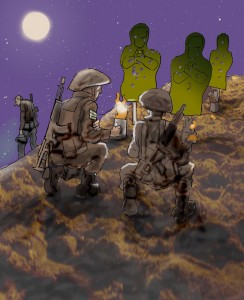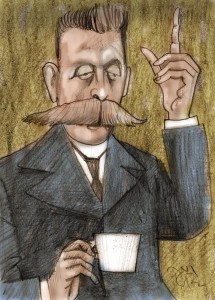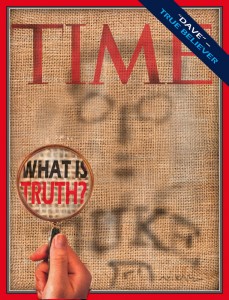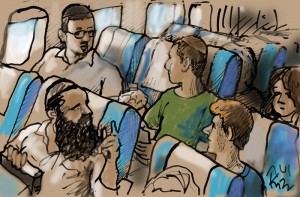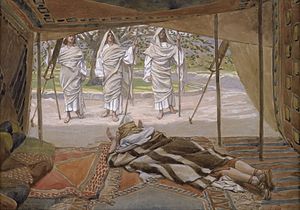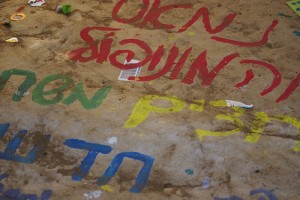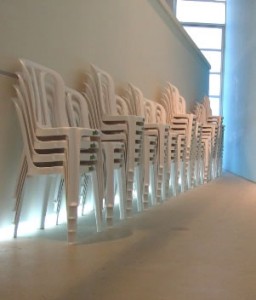I almost stopped reading Aurelie Sheehan’s short story “Recognition” after the first sentence. Oh, God, another piece of fiction about a writer, written by a writer who only knows how to write about writing for an incestuous circle of other writers.
But I had a rare opportunity to dip into some short fiction on-line—I was at a bat mitzvah and the DJ’s bone-vibrating music had driven me outside—so I persisted in perusing “Recognition,” the latest short story published by the on-line journal Guernica . In fact, I had a chance to read two other stories as well: David Riordan’s “Mutts” at the Boston Review and ”The Waiting Room”, an excerpt from a novel by Leah Kaminsky at JewishFiction.net. It’s interesting to note that all three offer stock characters, ones we might feel, at the beginning of the story, that we’ve read about so often that we don’t care to read about them anymore. But the first two stories surprise us by using technique to give us a new take on old material. The third fails.
